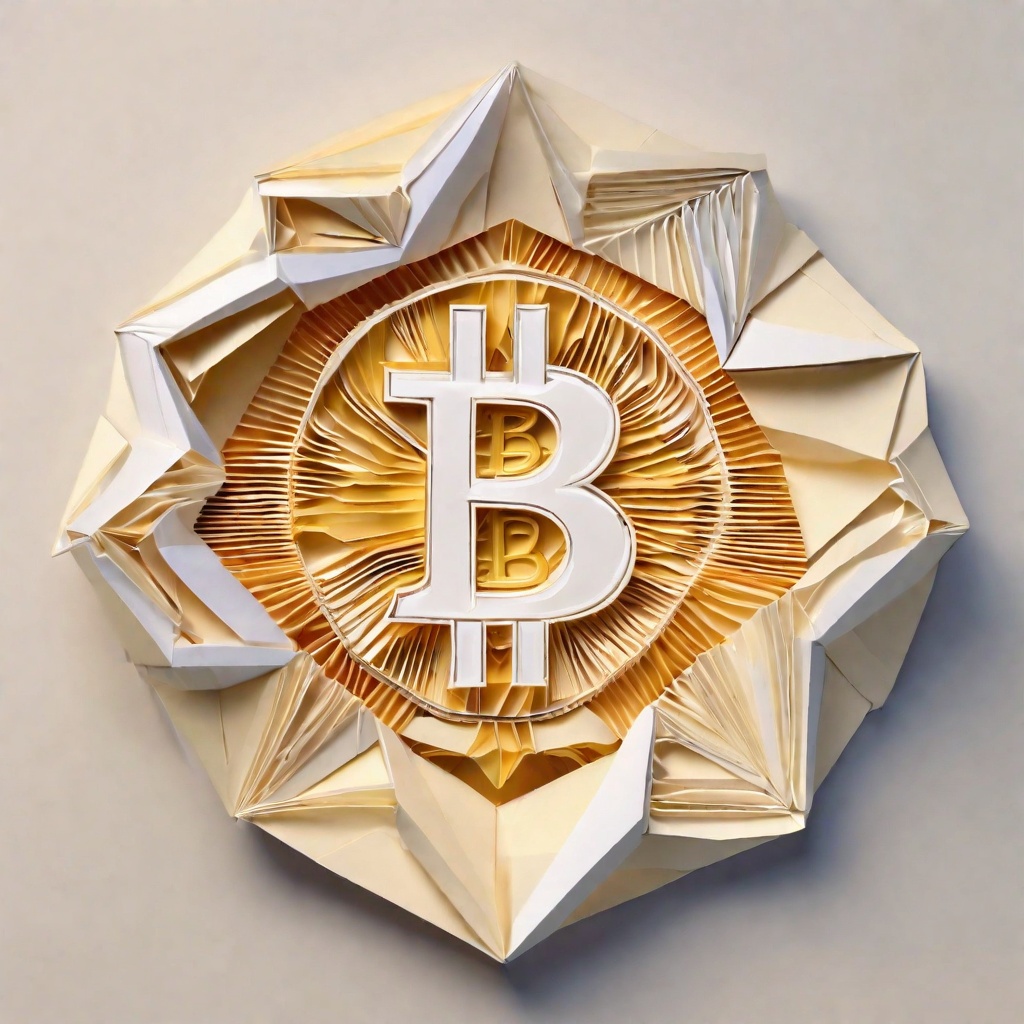Can you explain how exactly do higher interest rates have an impact on exchange rates? It's a common topic in finance and
cryptocurrency circles, but I'd like to have a deeper understanding. Are there specific mechanisms at play, or is it more of a general trend that we observe? I'm particularly interested in how this dynamic could affect investors looking to diversify their portfolios or traders navigating the cryptocurrency markets.

7 answers
 SeoulSerenitySeekerPeaceLover
Fri Aug 09 2024
SeoulSerenitySeekerPeaceLover
Fri Aug 09 2024
This scenario diminishes the attractiveness of the domestic currency, as investors seek to preserve the purchasing power of their investments. Consequently, the exchange rate may not rise as expected or could even decline.
 Stardust
Fri Aug 09 2024
Stardust
Fri Aug 09 2024
Additionally, external factors such as geopolitical tensions, economic downturns, or monetary policy changes in other countries can also weigh on the domestic currency.
 GwanghwamunGuardianAngel
Fri Aug 09 2024
GwanghwamunGuardianAngel
Fri Aug 09 2024
On the other hand, when interest rates decrease, the opposite dynamic occurs. Foreign investors may lose interest in the domestic currency, as they seek higher returns elsewhere.
 CryptoEnthusiast
Fri Aug 09 2024
CryptoEnthusiast
Fri Aug 09 2024
Rising interest rates often draw foreign investors to a country, seeking higher returns on their capital. As a result, the demand for the domestic currency increases, leading to appreciation in its exchange rate.
 EthereumElite
Fri Aug 09 2024
EthereumElite
Fri Aug 09 2024
However, the positive effect of higher interest rates on the exchange rate can be offset by other factors. For instance, if inflation in the country is significantly higher than in other economies, the real interest rate may remain low or even negative.

